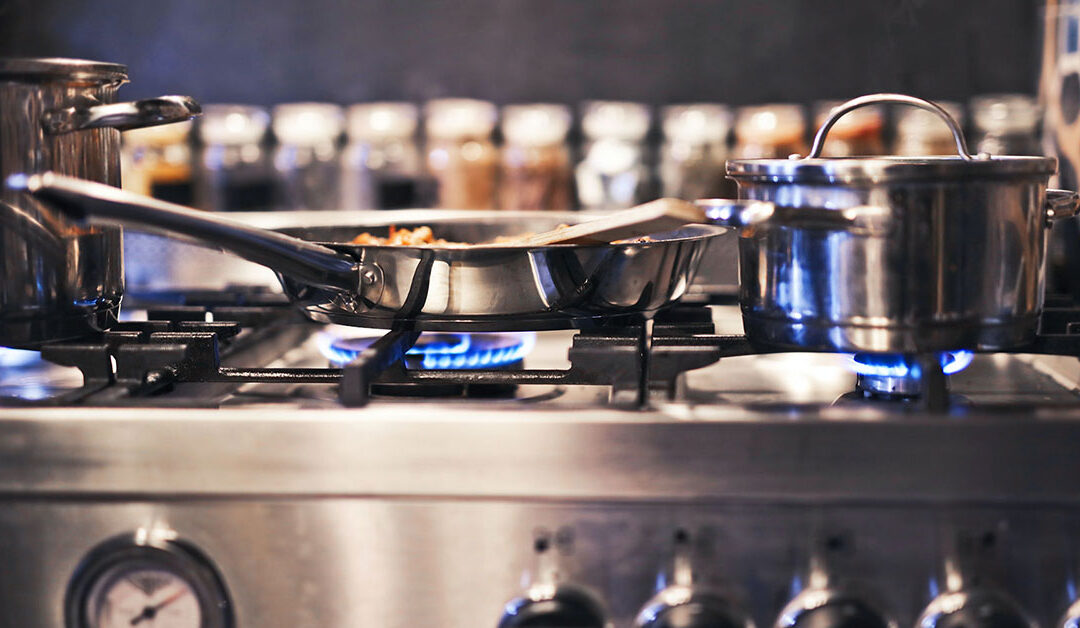In this policy paper, EPHA proposes policy solutions to mitigate the critical health impacts associated with the use of natural gas for cooking in the European Union (EU), and emphasises the need for urgent action.
Nearly one-third of households in the EU rely on gas, which, despite being marketed as a clean alternative, is a fossil fuel that releases harmful pollutants—including methane, benzene, nitrogen dioxide (NO2), and carbon dioxide—during combustion. These emissions undermine indoor air quality and pose serious public health risks, contributing to Europe’s dependence on non-renewable energy sources.
A new Health Impact Assessment from University Jaime I indicates that homes using gas appliances frequently exceed World Health Organization (WHO) air quality standards for indoor pollutants. Specifically, NO2 levels in gas-cooking households are significantly higher than in those using electric alternatives, with many surpassing safe limits. The study reveals that gas cooking may cause approximately 36,000 premature deaths annually in Europe, a figure comparable to fatalities from antibiotic-resistant infections. The economic burden of these preventable deaths is estimated at €143 billion, with Italy facing the highest cost at €54 billion. The HIA also highlights a concerning link between gas cooking and asthma, projecting that gas stoves contribute to hundreds of thousands of asthma cases each year, particularly affecting children. Countries such as France, Italy, Poland, Spain, the Netherlands, and Romania would experience significant health benefits from initiatives promoting cleaner cooking alternatives. These estimates are likely conservative, as they do not account for all pollutants associated with gas cooking or indirect costs such as hospitalisations and lost productivity.
Transitioning away from gas cooking is essential for advancing EU priorities in health promotion, improving air quality, and phasing out fossil fuels.
Read the full paper on the EPHA website to see our recommendations.
